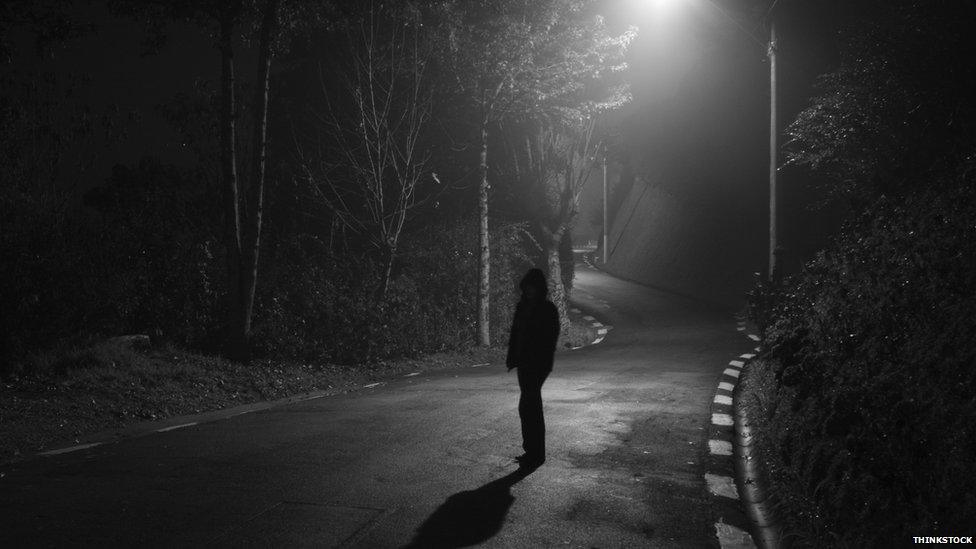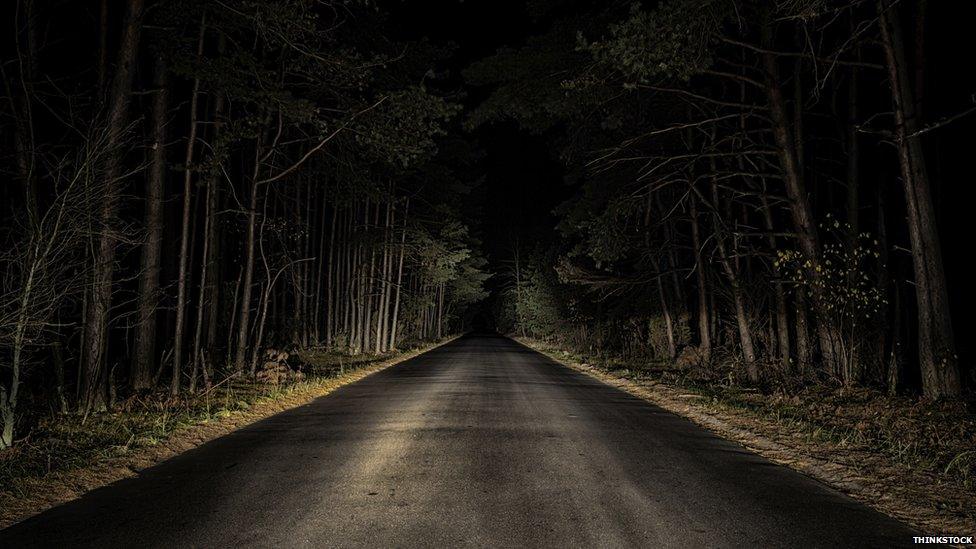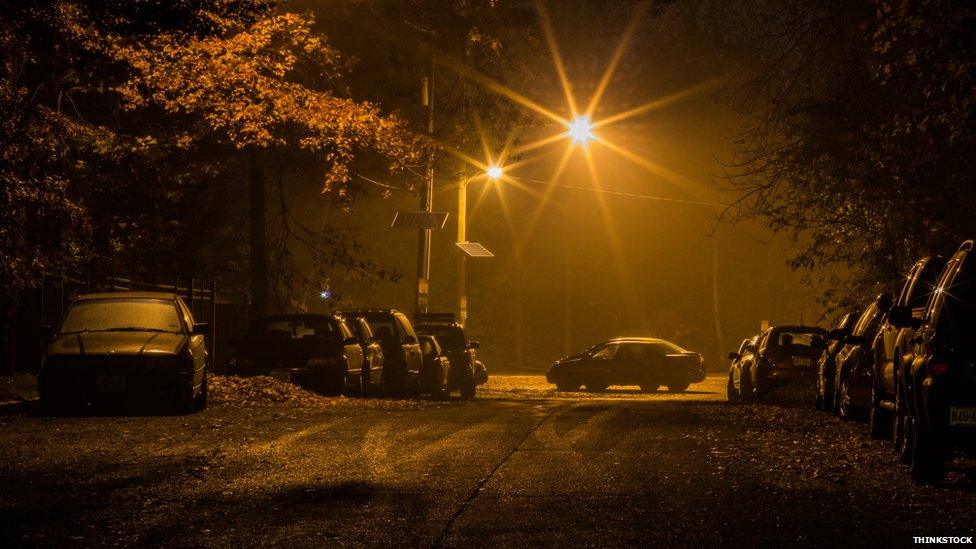Why the first 72 hours are vital when finding a missing person
- Published

It's rare for people to go missing for more than a day and almost three-quarters of them are found within 24 hours.
As time goes on, the chance of them returning home safe gets slimmer, particularly if they are vulnerable.
Police say the first 72 hours are crucial.
What happens and why
Police will ask a series of questions to determine what level of risk the missing person is at.
They'll take into account the person's age, whether they have a history of mental health problems, self-harm or attempted suicide, whether they've gone missing before, if they've got financial problems or are being bullied, abused, or have been the victim of a crime, as well as asking about their personal relationships.
BBC Advice has help and information about running away and homelessness.
These are what the police refer to as push factors - the things that might make someone want to run away.
They'll also look out for pull factors, the things that might be drawing them to someone or something else.
For example, many people who go missing from care homes return to their family or friends.

The call taker will then assess whether their case is low, medium or high risk.
More than 300,000 calls are made to police about people going missing every year, and police forces across England and Wales respond to an average of 12 missing person reports, external every day.
So it's important they prioritise to make the most of the time they have.
In high-risk cases, officers will be sent out immediately.
They'll go to the person's home address to look for evidence. For example, the missing person might have left a note, their phone, wallet or evidence on their computer.
They might carry out searches of the local area and visit the person's friends, workplace or school.
The charity Missing People, external will publicise the case by putting alerts on its website, and on screens in train stations and airports.

And Facebook recently started its own alerts system, posting high risk cases to peoples' news feeds.
If someone is still missing after 72 hours, the Missing Persons Bureau will get involved.
They work with police and other people such as care workers to try to make sure the person is found alive.
For example, they can organise police elsewhere in the country or abroad to help in the search.
When police find someone who's gone missing they will interview them to find out what happened.
Anyone aged under 18 will be given a 'safe and well check' by police. This is an interview to find out where they've been and who with, and whether they have been the victim of crime.
Then they should be offered a return interview. This is a more in depth chat with a social or charity worker to find out why they disappeared, and to work out how to stop it happening again.
If you're thinking of going missing or running away, if you're already away from home, or if someone you care about is missing. You can call or text Missing People on 116 000 or email 116000@runawayhelpline.org.uk
Find us on Instagram at BBCNewsbeat, external and follow us on Snapchat, search for bbc_newsbeat